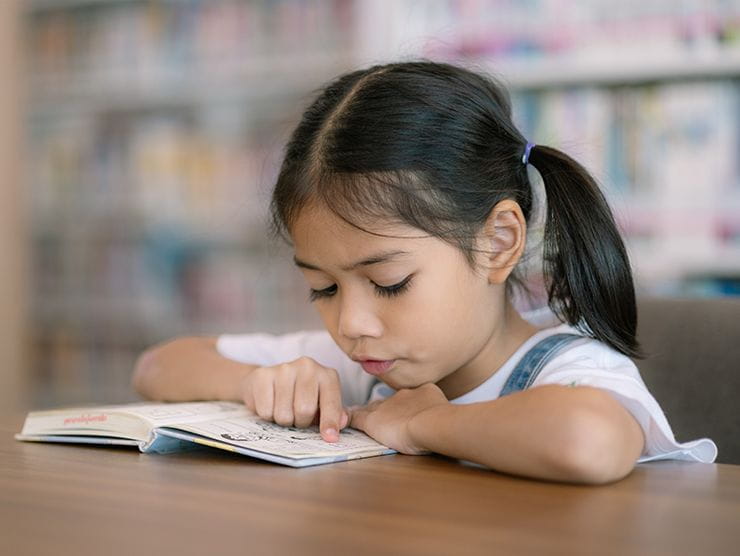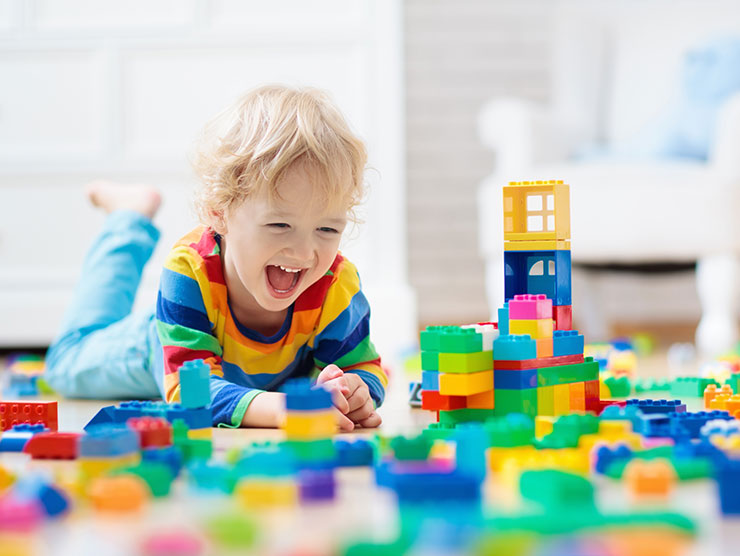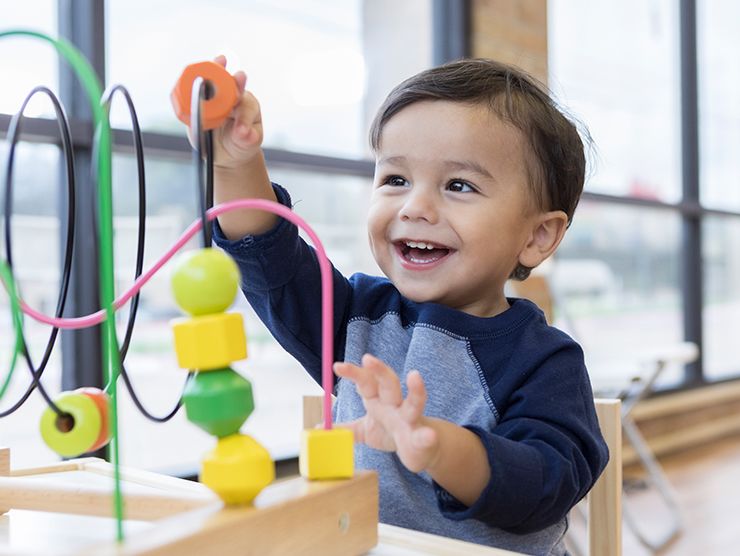Welcome back to “Play Matters” where we discuss the benefits of play in early childhood development and practical tips for caregivers.
In episode 3, That’s Total Mom Sense host Kanika Chadda-Gupta and Bright Horizons’ child education expert and Senior Manager of Family and Client Support Claire Goss explore how play sets the stage for lifelong success by fostering critical early skills and encouraging children to make sense of their world.
Play is a must-have
Educational experts agree that play is essential for healthy development. In fact, it’s so critical that pediatricians are now writing prescriptions for play, and the United Nations has recognized play as a fundamental human right for every child. According to research, play helps children understand themselves and the world around them, providing a framework for processing new experiences. It is the ultimate preparation for school, work, and beyond, making it a non-negotiable part of early childhood.
Learning through messy play
The role of early education programs
When considering child care options, it’s important to ask about the center’s philosophy or framework for play. At Bright Horizons, Discovery Driven Learning™ combines decades of research from leading child development experts. This approach prioritizes play as a cornerstone of learning, encouraging children to explore their curiosity, use their imaginations, and pursue their interests.
A play-based curriculum ensures that children are not only developing essential academic skills but also honing critical social, emotional, and problem-solving abilities. For parents, knowing that their child’s center values play provides reassurance that their child is receiving a well-rounded education.
Play supports multidimensional growth
One of the most remarkable aspects of play is how it integrates multiple areas of learning at once. Claire explains that when a child is playing with playdough, they are not just developing fine motor skills—they are also enhancing their language abilities by describing their creations, practicing math by measuring shapes and counting, and engaging in emotional regulation when something doesn’t go as planned.
Play is inherently interdisciplinary, combining elements of science, art, social-emotional learning, and physical development. Each playful moment checks multiple boxes for school readiness and life skills, making it one of the most effective ways for children to grow and thrive.
Tips for encouraging play
Parents don’t need expensive toys or elaborate setups to encourage meaningful play.
Instead:
- Embrace the mess: Let your child explore freely, knowing that the mess is part of how children learn through play.
- Prioritize unstructured time: Allow space for spontaneous, child-led play without rigid schedules.
- Ask the right questions: When choosing a child care center, inquire about its play philosophy to ensure it aligns with your child’s needs.
Tune into episode 3 of “Play Matters” with Bright Horizons to learn more about how play serves as a foundation for success and the benefits of play in early childhood development. Our next episode is our final episode of the series. Check it out!





